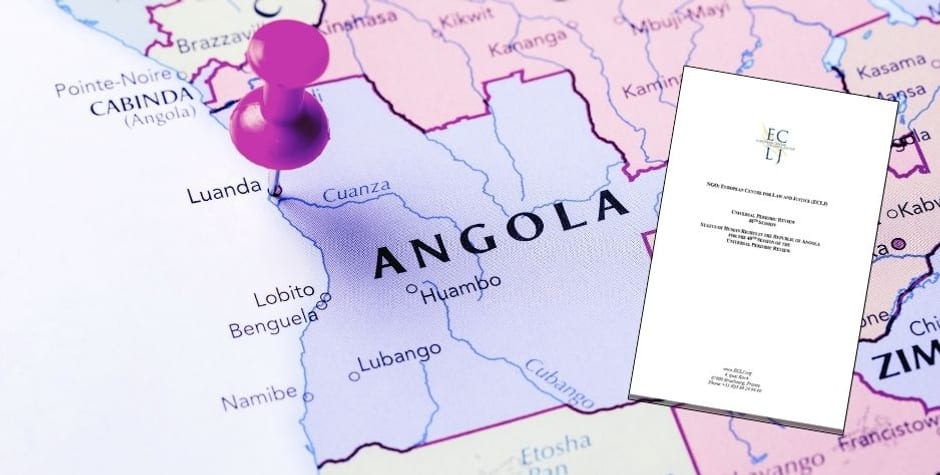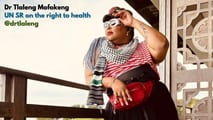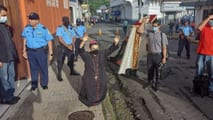

ECLJ Report on Human Rights in Angola for the 48th Universal Periodic Review
ECLJ Report on Human Rights in Angola for the 48th UPR
The ECLJ has presented a comprehensive report on the status of human rights in Angola for the 48th session of the Universal Periodic Review (UPR), focusing on religious persecution and abortion laws in the country. While Angola has made some progress, significant reforms are necessary to align its practices with international human rights standards. The report underscores the need for Angola to respect and protect religious freedoms and the right to life, ensuring that all its citizens can freely practice their faith and that the lives of preborn babies are safeguarded.
Religious Persecution
Angola, located in southwest Africa with a population of about 35.1 million, predominantly identifies as Christian. Despite this, the nation ranks as the 71st worst country for Christians, largely due to restrictions on unregistered churches which are forbidden from evangelizing and holding worship services. The 2019 Law on Freedom of Religion and Belief mandates that religious groups must have at least 60,000 members and 1,000 members in each of Angola's 18 provinces to be legally registered. This high threshold has resulted in many churches being unable to register, leading to significant limitations on their activities and frequent closures by the government. Currently, only 84 religious organizations are officially registered, leaving many Christians, particularly those from non-traditional denominations, unable to celebrate religious rites like weddings, baptisms, and funerals properly.
During Angola’s last UPR in November 2019, the country received 270 recommendations, including easing church registration requirements. Although the government reduced the membership threshold, the added stipulation of having members across all provinces has made the process more cumbersome, contradicting international standards like the International Covenant on Civil and Political Rights (ICCPR) which ensures the right to freely practice religion.
Abortion Laws
Angola's constitution guarantees the protection of human life, yet its abortion laws have undergone significant changes. The Penal Code of 2019 allows abortions if the fetus is unviable or if continuing the pregnancy threatens the woman's physical or psychological health. This provision, however, lacks detailed guidelines, and abortions for psychological reasons are particularly controversial due to the absence of clear criteria. Studies have indicated that abortions can be harmful to women's physical and psychological health, counteracting the law’s intention to protect women. Furthermore, many international human rights documents, including the Universal Declaration of Human Rights (UDHR) and the ICCPR, underscore the right to life without explicitly endorsing abortion.
Angola’s restrictive approach aligns with many UN Member States, which either impose strict limits on abortion or set gestational boundaries. The ECLJ emphasizes that while Iceland’s recommendation to broaden abortion access was noted, it does not reflect the majority stance of UN members.
Recommendations
To improve human rights in Angola, the ECLJ suggests several key measures:
- Religious Freedom: The Angolan government should amend its laws to simplify the registration process for religious organizations, ensuring it does not impede on religious freedom. This would allow more groups to legally operate and reduce governmental control over religious practices.
- Abortion Restrictions: The current exceptions in abortion laws should be reevaluated, particularly the provision regarding psychological health, given its vague nature and potential for misuse. Enhanced support for women considering adoption could provide alternatives that protect both maternal and fetal health.












